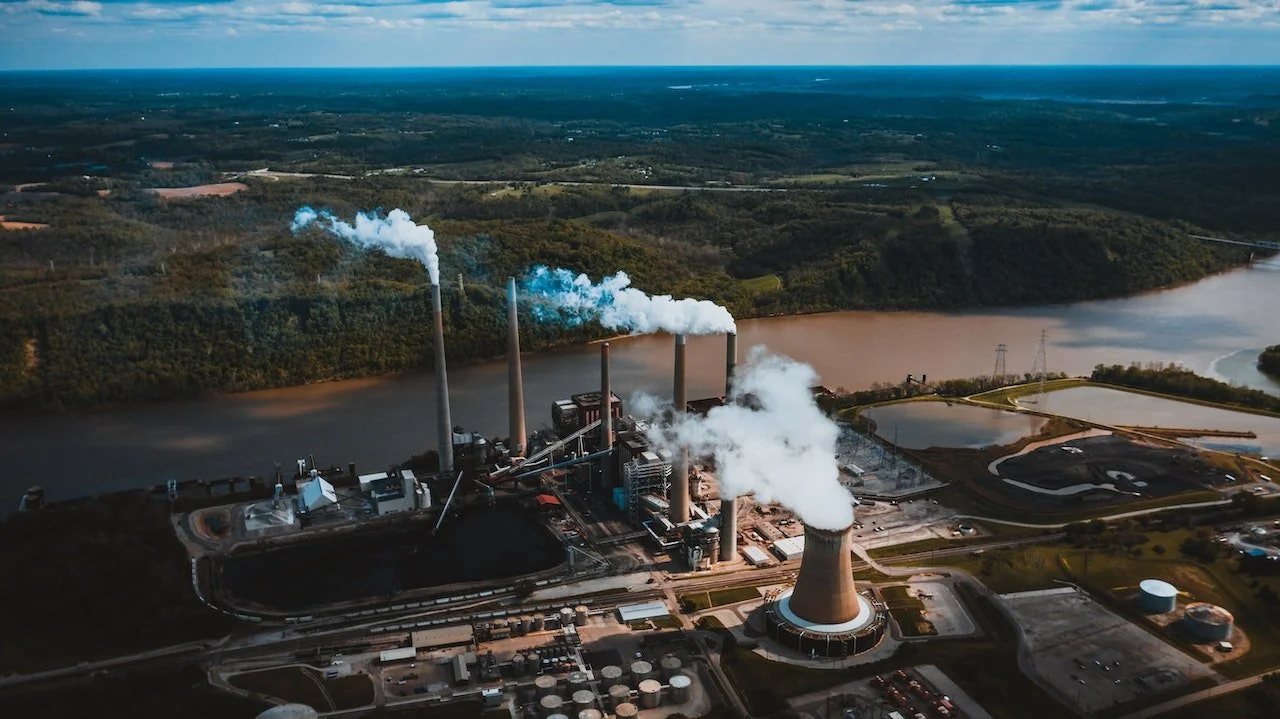Australian Prime Minister Scott Morrison’s recent announcement of climate change targets ahead of the global summit has sparked both optimism and skepticism regarding the nation’s commitment to addressing the pressing issue of climate change. Morrison unveiled a plan to reduce greenhouse gas emissions by 35% by 2030, compared to 2005 levels, with a long-term goal of reaching net-zero emissions by 2050. While the announcement represents a step in the right direction, many environmentalists and experts have raised concerns about the adequacy and ambition of Australia’s targets.
Australia, as one of the world’s largest per capita emitters of greenhouse gases, has faced mounting pressure from both domestic and international stakeholders to take more decisive action on climate change. The country’s reliance on coal-fired power generation and its significant fossil fuel exports have made it a focal point in the global debate on climate action. Morrison’s announcement comes at a crucial juncture, as world leaders prepare to convene at the upcoming COP26 climate summit in Glasgow to negotiate new emissions reduction targets and commitments under the Paris Agreement.
While Morrison’s pledge to reduce emissions represents progress, critics argue that it falls short of the level of ambition needed to effectively combat climate change. Environmental advocates and opposition parties have called for more ambitious targets, citing the urgent need to limit global warming to 1.5 degrees Celsius above pre-industrial levels to avoid catastrophic impacts. They argue that Australia, as a wealthy and technologically advanced nation, has a moral obligation to lead by example and significantly ramp up its efforts to reduce emissions and transition to renewable energy.
In addition to concerns about the level of ambition, there are also questions about the feasibility and credibility of Australia’s climate change targets. Skeptics point to the government’s track record of prioritizing economic interests over environmental concerns, as evidenced by its support for the fossil fuel industry and its opposition to stronger climate policies such as carbon pricing and emissions trading schemes. Furthermore, there are doubts about the effectiveness of the government’s proposed measures to achieve its emissions reduction targets, particularly in light of the lack of concrete policies and incentives to encourage the transition to renewable energy and low-carbon technologies.
Despite these challenges, Morrison’s announcement has been welcomed as a positive step forward in Australia’s efforts to address climate change. The commitment to net-zero emissions by 2050 aligns with the goals of the Paris Agreement and signals Australia’s willingness to play a more constructive role in the global fight against climate change. However, achieving this goal will require concerted action and collaboration across all sectors of society, including government, business, and civil society. As Australia prepares to participate in the upcoming COP26 summit, the world will be watching to see whether the country can translate its commitments into meaningful action to safeguard the planet for future generations.




